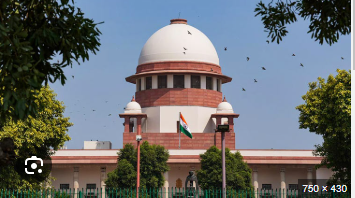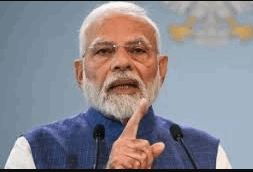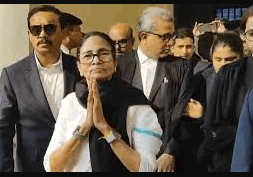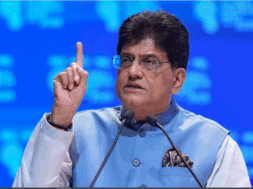
NEW DELHI, Jan 29: The Supreme Court on Wednesday ordered the Centre to collect the total number of criminal cases registered against Muslim men under the law which penalises the three-word instant talaq, the practice of Tripple Talaq.
The utterance of triple talaq was declared “null and void” by a Constitution Bench in a majority judgment in August 2017. The Muslim Women (Protection of Rights on Marriage) Act, 2019 came into force with retrospective effect from September 19, 2018. The law held triple talaq to be a non-bailable offence punishable with three years’ imprisonment. The court questioned the point of a penal law when the practice of divorce by triple talaq had itself been declared void.
“The relationship as a husband and wife continues… What you have criminalised then is the process?” Chief Justice Sanjiv Khanna asked Solicitor General Tushar Mehta, appealing for the Centre.
The Bench, also comprising Justice Sanjay Kumar, directed the Centre to produce on record the number of First Information Reports (FIRs) registered and charge-sheets filed against Muslim men under the 2019 Act. The court said it specifically wanted data on the number of FIRs lodged in the rural areas of the country.
Advocate Nizam Pasha, appearing for the petitioners who have challenged the constitutionality of the 2019 Act, said the law endeavoured to penalise even a threat of divorce. Mr Mehta said ‘criminal intimidation’ was basically a threat. “Yet it is an offence under Section 506 of the Indian Penal Code… It is not the threat, but the consequences of the threat that really matters,” he argued.
Mr Pasha responded that Section 506 IPC did not, however, criminalise an ineffectual threat made by a husband to his wife to divorce her. The Solicitor General explained the law was brought to counter the abandonment of Muslim women by their husbands.
“This is the minimum required to be done to protect women. It was a deterrent. The effect of triple talaq was instantaneous, irrevocable… You say ‘talaq’ to your wife, and the very next moment, she is not your wife. She is thrown out of your life, out of your house,” Mr Mehta expressed strongly.
But Mr Pasha interjected to point out that the practice of triple talaq ceased to have any legal effect ever since the Supreme Court declared it “manifestly arbitrary” in the Shayara Bano case in 2017. Chief Justice Khanna, after the hearing, orally remarked that not a single advocate present in the courtroom would say triple talaq was a good thing. But the Chief Justice indicated that criminalising a practice after it was declared void would raise doubts.
The court fixed the next hearing in the week commencing on March 17. The petitioners include Jamiat Ulama-I-Hind, which argued that the 2019 Act made triple talaq a non-bailable offence when desertion of a wife by a husband was not considered an offence in India. At best, desertion was a ground for divorce. The organisation said the Act was both “disproportionate and excessive.”
It argued the law has made the declaration of triple talaq an offence graver than other crimes like rioting, kidnapping, death by negligence, concealment of birth by secret disposal of body, bigamy, bribery, food adulteration, etc. Another petition by Samastha Kerala Jamiathul, one of the biggest religious organisations of the Sunni Muslim scholars and clerics in Kerala, claimed the sole objective of the new law was “to punish Muslim husbands.”
(Manas Dasgupta)













